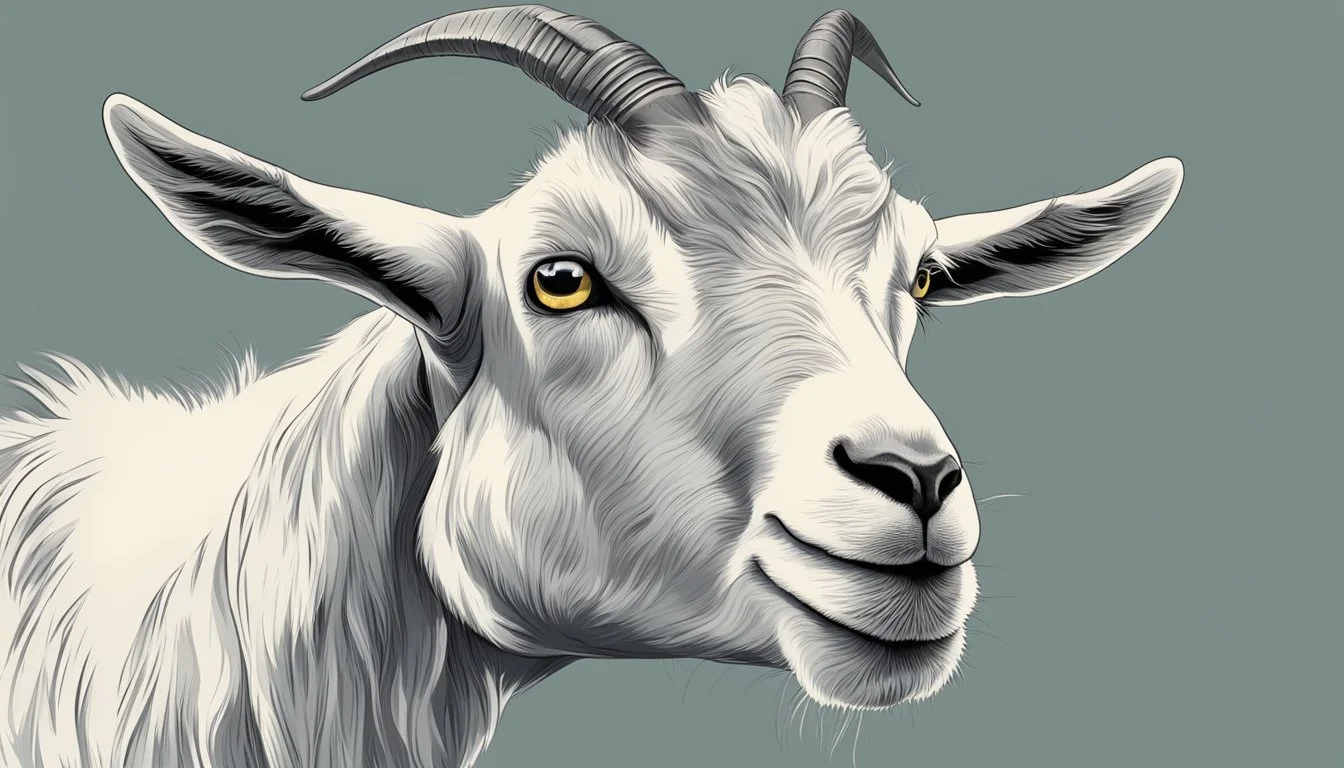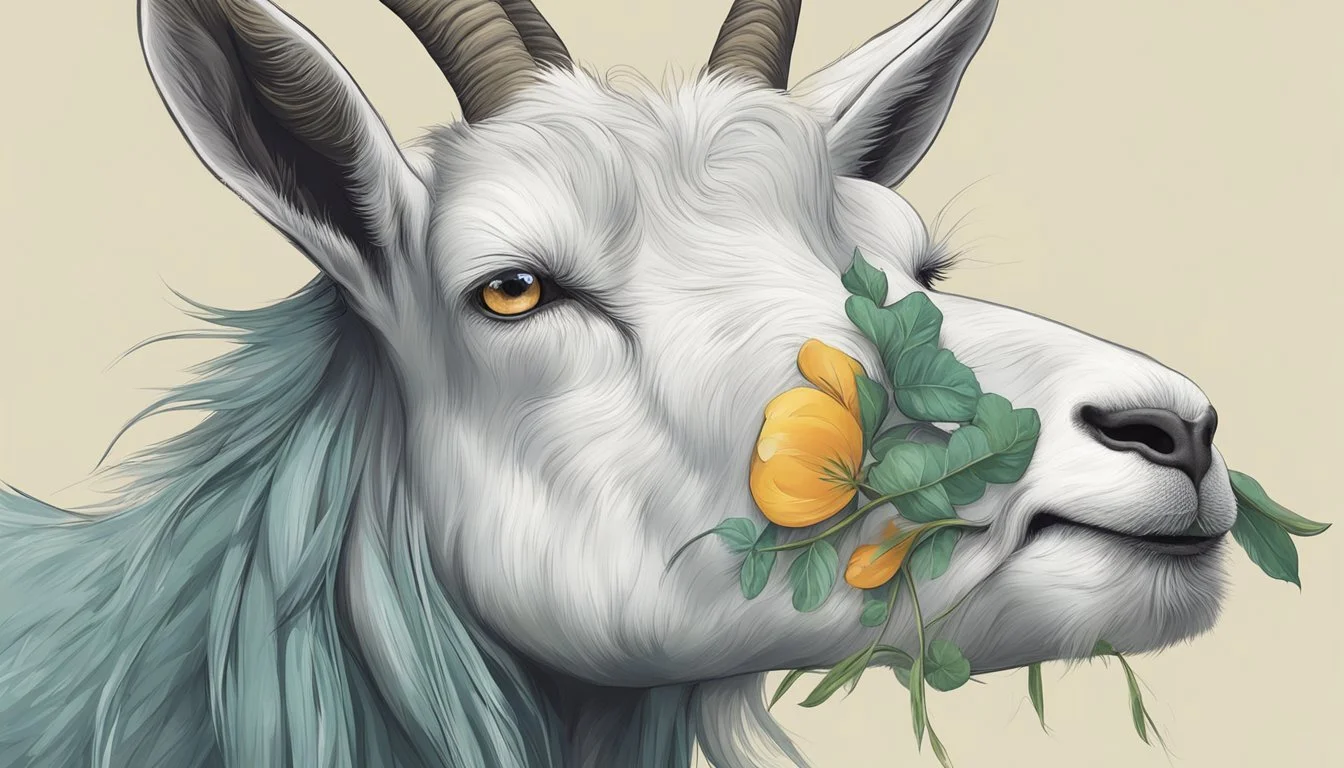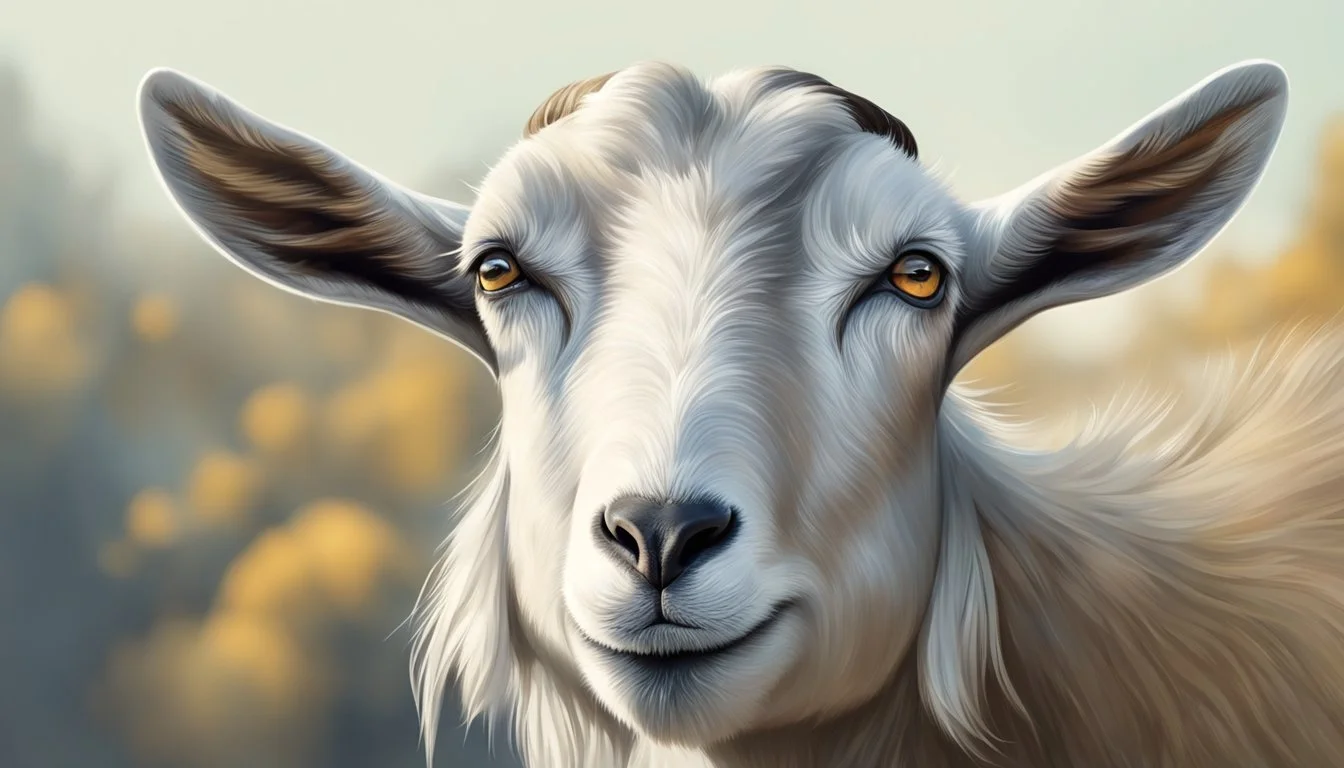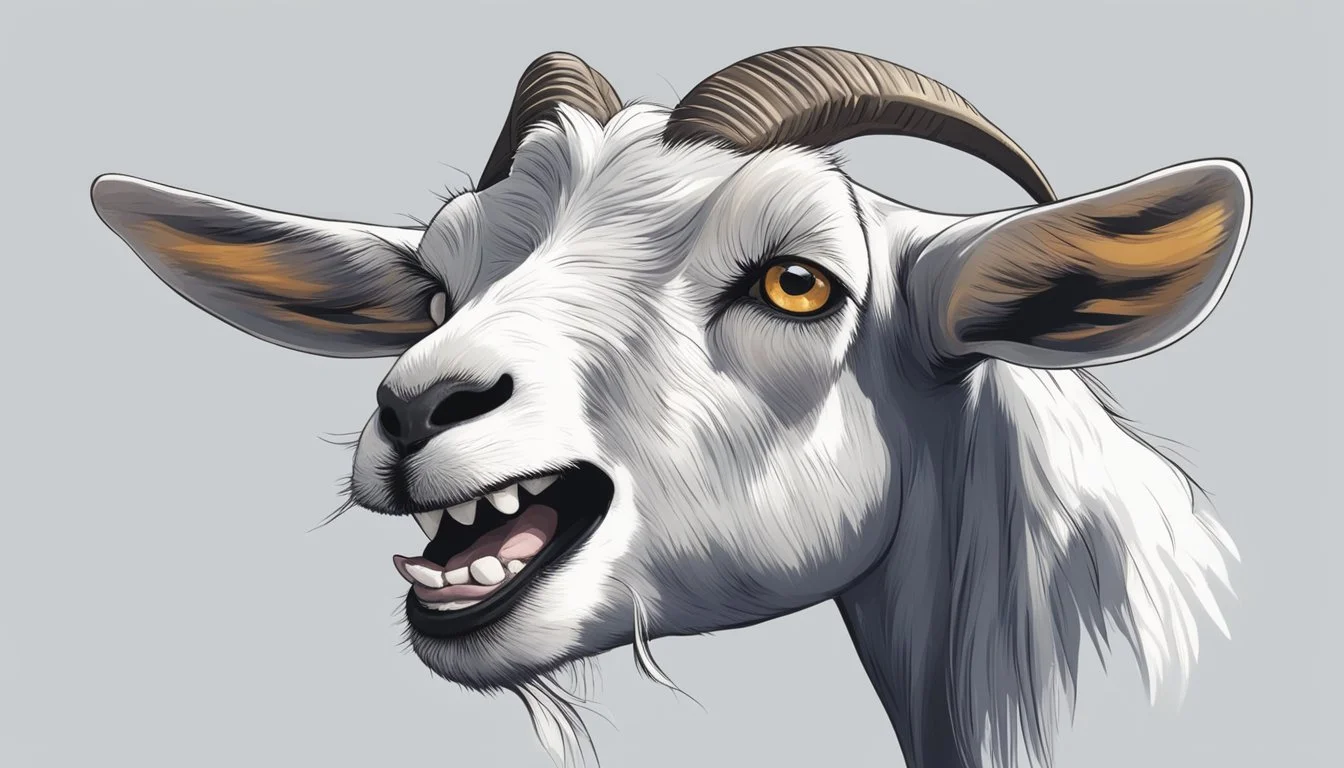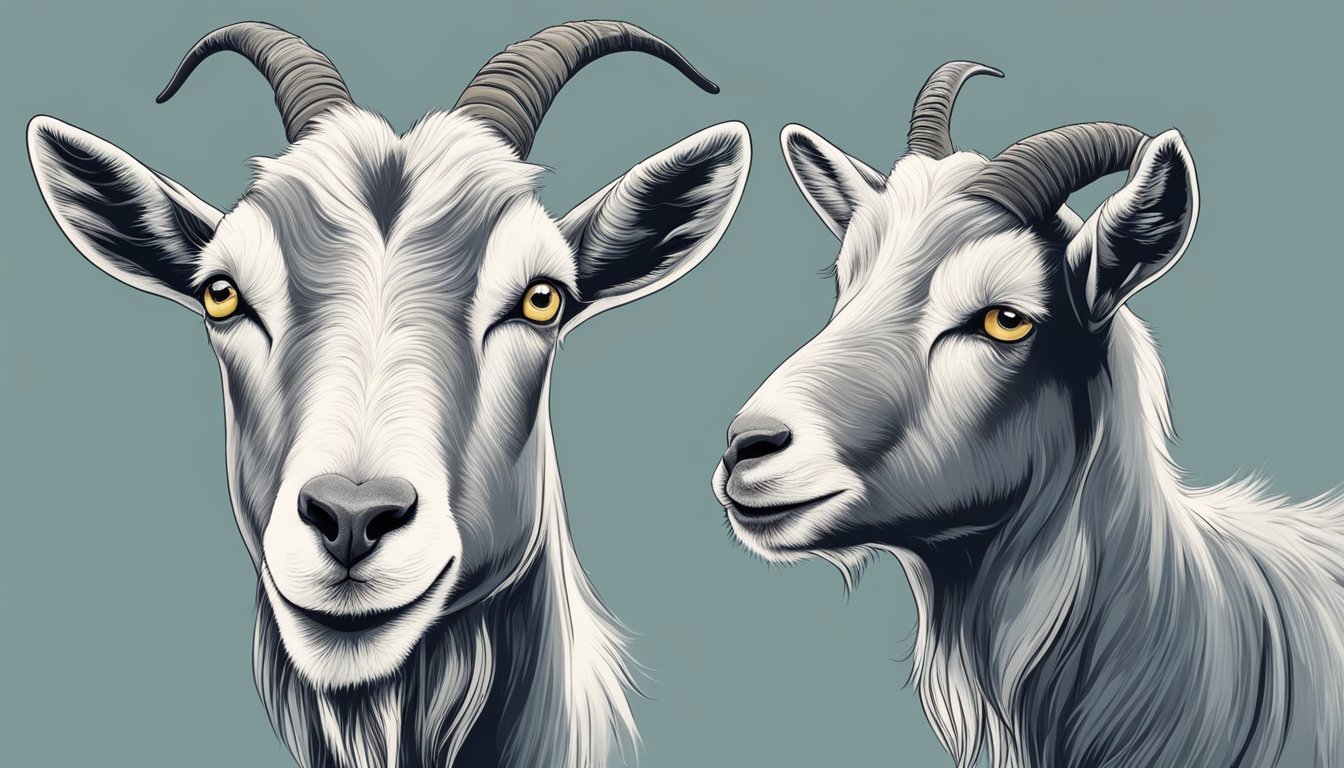What Are the Signs That a Goat May Need Dental Care?
Identifying Oral Health Issues in Caprines
Goats are robust animals known for their hardiness and adaptability, traits that extend to many aspects, including dental health. However, similar to other animals, they can encounter dental issues that can affect their overall well-being if not addressed. It's important for goat owners to understand the signs that may indicate a need for dental care. Being equipped with this knowledge can ensure that their goats maintain optimal health and prevent complications that can arise from neglected dental problems.
Determining the right time for dental intervention begins with recognizing the signs of potential dental issues. Indicators such as difficulty chewing, weight loss, swollen faces, or favoring one side of the mouth while eating can suggest dental discomfort or tooth problems. Additionally, observing the condition of a goat's teeth can provide insight into their age, which plays a significant role in their dental care needs. Adult teeth eruption occurs at specific intervals, with the full set usually in place around 3 to 4 years of age, suggesting a timeline for monitoring and potential dental care milestones.
Moreover, goats' dental structure is unique with lower incisors that meet an upper dental pad, which they use to grasp and tear vegetation. This design is highly effective for their feeding habits, but it also means any disruption can impair their ability to forage and feed efficiently. Knowing the anatomy of goats' teeth, observing behavioral changes, and scheduling routine checks can be pivotal in maintaining their dental health, ensuring goats live a full and comfortable life.
Understanding Goat Anatomy and Dental Structure
In the context of dental care, a comprehensive understanding of goat anatomy and dental structure is paramount. Specifically, knowing the role of different tooth types, their development stages, and the interconnected anatomical features gives us insight into their oral health needs.
Tooth Types and Their Functions
Goats have a distinct dental arrangement comprising incisors, premolars, and molars. The front teeth on the lower jaw are known as incisors, which are primarily used for clipping and cutting vegetation. These animals lack upper incisors, and instead, have a tough dental pad that serves to grasp food effectively. The cheek teeth, consisting of premolars and molars, are situated further back in the mouth and are crucial for grinding food items, a necessary part of the digestive process.
The Development Stages of Goat Teeth
The progression from milk teeth to permanent teeth is a reliable indicator of age in goats. At birth, kids generally present with their first pair of milk incisors. Subsequent sets of milk teeth emerge in intervals, usually within the first month of life. Transitioning to adult teeth begins around the goat's first year, with permanent incisors replacing the temporary milk teeth. This progression continues until the goat has a full set of permanent teeth, usually by the age of four.
Anatomical Features Related to Dental Health
The lower jaw plays a critical role in dental health, as it holds all incisors and contributes to the alignment and wear of teeth. Proper alignment ensures efficient grazing and minimizes the risk of tooth decay or abnormal wear patterns. Moreover, the health of the dental pad, coupled with the integrity of the premolars and molars, greatly affects a goat's ability to chew cud, which is essential for their digestion and nutrient absorption.
Common Dental Issues in Goats
Goats can experience a range of dental issues that may compromise their health and well-being. Timely identification and care are crucial to managing these problems effectively.
Periodontal Disease and Its Effects
Periodontal disease in goats involves inflammation of the gums and can lead to gingivitis, which is an early form of the disease where the gums become red and swollen. If left untreated, it can progress to more serious conditions, causing tooth loss and affecting the overall health of the animal. Factors that contribute to periodontal disease may include improper nutrition and poor oral hygiene.
Problems Related to Tooth Wear and Age
Tooth wear is a natural process in goats, but excessive wear can quicken the development of dental problems. As goats age, their teeth may wear down or even break, which can severely affect their ability to graze and chew food properly, leading to potential weight loss and nutritional deficiencies. The level of wear is often indicative of a goat's age, as outlined in this Goat Teeth guide.
Identifying Abscesses, Sores, and Broken Teeth
Abscesses and sores in a goat's mouth can be indicative of an infection or injury and can cause significant discomfort or pain. Frequent checks of the oral cavity are essential to spot these issues early. Broken teeth, on the other hand, are susceptible to decay and can lead to the development of abscesses if the pulp is exposed. Regular inspections by caretakers or veterinary professionals are necessary to manage these conditions. This recommendation is aligned with practices suggested on the Backyard Goats website for goat dental health.
Symptoms Indicating Dental Care is Needed
In goats, dental care is crucial for their overall well-being. Specific signs may indicate the need for veterinary attention to address potential dental issues.
Behavioral Signs and Eating Difficulties
Decreased Appetite: Goats with dental issues may show a decreased interest in food or struggle with grinding food, leading to weight loss and possible malnutrition.
Altered Chewing Habits: They might drop food from their mouth or chew on one side to avoid pain, indicating the presence of overgrown teeth or sharp points in their mouth.
Physical Indicators Outside the Mouth
Weight Loss: If a goat is losing weight, it can be a sign that dental problems are affecting its ability to eat properly.
Abnormal Facial Swelling: Lumps or swellings on the face could suggest an abscess or other dental issues that require professional care.
Intraoral Signs of Dental Problems
Overgrown Teeth: Inspecting the goat’s mouth may reveal overgrown teeth that interfere with their ability to eat effectively.
Presence of Sharp Points: During examination, one may find sharp points on the teeth, which can cause ulcers or sores, signaling the need for dental maintenance.
Diet and Nutrition for Healthy Goat Teeth
Maintaining healthy teeth in goats relies on proper diet and nutrition which play a pivotal role in their dental well-being. A balanced intake of minerals, vitamins, and fibers is essential for preserving the structural integrity and functionality of goats' teeth.
Appropriate Diet for Dental Health
Goats thrive on a diet that includes a variety of forages because these feed sources require extensive chewing, which helps to naturally wear down their teeth. Goats are natural browsers and prefer a diet consisting of shrubs, woody plants, and broad-leaved weeds. Here are key diet considerations for dental health:
Roughage: A diet rich in fibrous feed such as hay, grasses, and browse helps prevent overgrowth of teeth and ensures proper wear.
Forage Quality: High-quality forage can reduce dental problems as it necessitates thorough mastication.
Browse Plants: These help grind down goat teeth naturally and prevent teeth issues related to eating softer diets.
Nutritional Supplements and Their Role
While a primary diet of forage is central to dental health in goats, certain mineral and vitamin supplements can aid in maintaining robust teeth. Imbalances or deficiencies in key nutrients can lead to dental issues. Here are essential supplements for goats:
Minerals: Calcium and phosphorus are crucial for strong dental structures. A ratio of approximately 2:1 calcium to phosphorus is recommended for optimal dental health.
Vitamins: Vitamins A, D, and E play a role in the overall health and, by extension, the dental health of goats. Ensuring that these vitamins are present in the diet, either through fortified feeds or direct supplements, supports tooth integrity and gum health.
Consistent access to proper nutrition along with regular observation can drastically reduce the likelihood of major dental issues requiring intervention in goats.
Veterinary Dental Care for Goats
When it comes to goat health, attention to dental care is essential for preventing issues and ensuring they can properly graze and chew their food. A veterinarian plays a crucial role in diagnosing and treating dental issues before they become severe.
Professional Dental Examinations
Veterinarians are equipped to conduct thorough dental examinations to assess a goat's oral health. During these exams, they check for any signs of wear, damage, tooth loss, or other dental issues that might affect the goat’s ability to eat. Goats' teeth continually grow and change, making regular check-ups vital to catch issues early. For example, goats only have lower incisors, which they rely on heavily for grazing, thus magnifying the importance of these teeth being in good condition.
Dental Treatments and Procedures
When a veterinarian identifies dental problems, they may perform a procedure called tooth floating. This involves the careful filing down of sharp points on goat teeth to promote comfortable chewing and prevent injury to the goat's mouth. Other treatments may include extractions or addressing jaw misalignment. The procedures are aimed at allowing a goat to feed effectively and maintain nutritional health.
Preventive Measures and Regular Maintenance
Preventive measures are integral to maintaining a goat's dental health. Regular maintenance, including routine check-ups, can preempt extensive treatments. Veterinarians can provide owners with advice on appropriate feed to minimize dental wear and recommend ways to observe their goat's eating behaviors for signs of dental distress. Establishing a relationship with a vet ensures proactive management of a goat's dental care throughout its life.
Impact of Lifestyle and Environment on Dental Health
Goats, as herbivores and ruminants, have dental health that is influenced significantly by their lifestyle and environment. These factors play a crucial role in their overall well-being and can indicate when dental care is necessary.
The Role of Breeding and Genetics
Breeding and genetics strongly impact the dental structure and health of goats. Certain breeds have genetic predispositions to dental issues. For instance, breeds with brachycephalic traits may experience malocclusion, where the alignment of teeth affects their ability to graze properly. Genetic conditions can directly influence tooth development and wear patterns, intrinsic factors that determine the resilience of a goat's dentition to their dietary habits.
Effect of Habitat and Browsing Habits
The habitat in which a goat lives affects its browsing habits, which in turn influences dental wear and digestion. Goats in rugged terrains tend to consume tougher vegetation, which can lead to increased dental wear. Conversely, those in lush, soft-pasture environments might exhibit less wear on teeth, possibly leading to overgrowth and associated dental issues. Adaptation to their environment is key for goats, ensuring their teeth are suitably worn down by the vegetation they commonly consume. Furthermore, their status as ruminants means that proper digestion depends not only on dental health but also on the fibrous material they are able to grind effectively.
Goat Dental Health Over the Lifespan
Goat dental health is crucial from the early stages of their life through to old age, as it directly impacts their nutrition and overall well-being.
Monitoring Teeth From Juveniles to Seniors
It is essential to monitor a goat's teeth throughout its lifespan, which typically ranges from 10 to 18 years. Juvenile goats, also known as kids, develop deciduous (baby) teeth, which they use to nurse and start grazing. As herbivores, their dental health is closely tied to their ability to consume a diet consisting mainly of roughage. The development of a goat's teeth can be a good indicator of its age since the first pair of adult teeth erupts at approximately 1 to 1 ½ years old and continues progressively with age.
By being attentive to their dental development and condition, owners can ensure that nutritional needs are met and that any dental issues are addressed promptly to prevent secondary health problems. Regular visual inspection can reveal underlying issues such as wear, overgrowth, or disease. Signs that a goat may require dental care include difficulty chewing, drooling, or weight loss.
Addressing Age-Related Dental Changes
As goats reach seniority, they are more susceptible to dental problems due to natural wear or possible loss of teeth. This can lead to changes in their feeding behavior and potential malnutrition. Owners should adjust diets to accommodate these age-related dental changes, providing softer or processed feed that is easier to chew and digest, ensuring that their nutritional needs continue to be met.
In cases where dental issues are apparent, veterinary intervention may be necessary. Procedures such as tooth trimming can alleviate the discomfort and restore the ability to process feed effectively. Maintaining vigilance over a goat's dental health is a critical component of responsible goat husbandry.
Conclusion
Regular dental care is vital for maintaining a healthy goat. They rely on their teeth for efficient feeding and overall well-being. If a goat exhibits symptoms such as drooling, difficulty eating, or bad breath, it may signal a need for dental attention. Their top front teeth, along with the lower dental pad, play a crucial role in their ability to graze and chew.
Goat owners should perform routine checks to ensure their goats' dental health remains optimal. Changes in eating habits or weight loss can also be indicators of dental problems. It's important to catch any issues early to prevent them from spreading or worsening, which could impact the goat's nutrition and condition.
Prompt intervention from a veterinarian can often resolve dental issues before they turn into significant health concerns. A professional can assess the situation, provide treatment, and give advice on preventive care to maintain the goats' dental health.

